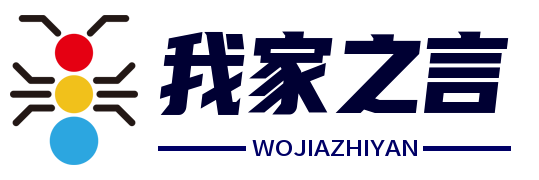In the 21st century, technology has become an integral part of our lives, transforming the way we communicate, work, learn, and even think. The rapid advancement of technology has brought about significant changes in modern society, and its impact is multifaceted. This essay will explore the various ways in which technology has influenced our lives, focusing on its positive and negative aspects.
One of the most significant impacts of technology on modern society is the revolution it has brought to communication. The advent of the internet and social media platforms has made it possible for people to connect with others across the globe instantly. This has led to the formation of global communities and has facilitated the exchange of ideas and information on an unprecedented scale. The ease of communication has also made it possible for businesses to operate on a global scale, fostering international trade and collaboration.
Moreover, technology has transformed the way we work. Automation and artificial intelligence have streamlined many industries, making processes more efficient and reducing the need for manual labor. This has led to increased productivity and economic growth. However, it has also raised concerns about job displacement and the need for workers to adapt to new skill sets. The rise of remote work, facilitated by technology, has also changed the landscape of employment, allowing people to work from anywhere in the world and balancing work and personal life more effectively.
Education has also been profoundly affected by technology. Online learning platforms have made education more accessible to people from all walks of life, regardless of their geographical location or socioeconomic status. This has democratized learning and opened up opportunities for lifelong education. However, the digital divide remains a challenge, as not everyone has equal access to the necessary technology and internet connectivity to benefit from these advancements.
Healthcare is another sector that has seen significant improvements due to technology. Medical advancements, such as telemedicine and the use of AI in diagnostics, have improved patient care and outcomes. However, there are also concerns about privacy and the ethical implications of AI in healthcare decision-making.
The environmental impact of technology is a complex issue. On one hand, technology has enabled more sustainable practices, such as renewable energy sources and smart grid systems. On the other hand, the production and disposal of electronic devices contribute to environmental pollution and resource depletion. The challenge lies in finding a balance between technological progress and environmental sustainability.
Cybersecurity is a growing concern in the digital age. As our lives become more intertwined with technology, the risk of cyber threats increases. Protecting personal data and ensuring the security of digital systems is a critical issue that requires ongoing attention and innovation.
In conclusion, technology has had a profound impact on modern society, affecting communication, work, education, healthcare, the environment, and cybersecurity. While it has brought about many positive changes, such as increased efficiency, accessibility, and global connectivity, it has also presented new challenges and ethical considerations. As we continue to develop and integrate technology into our lives, it is essential to address these concerns and ensure that technology serves to enhance the quality of life for all members of society while being mindful of its broader implications. The future of technology holds great promise, but it also requires responsible stewardship to navigate the complexities of our increasingly digital world.






